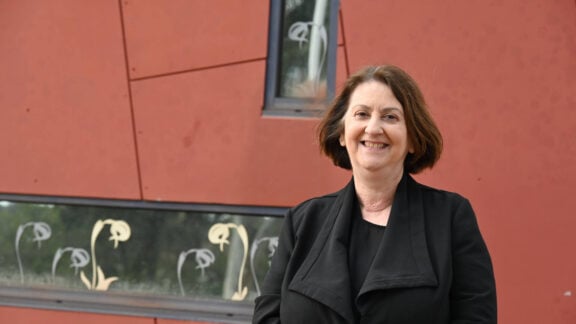The Acropolis Museum in Athens will be honouring the 200-year anniversary of Lord Byron’s death with an exhibition related to Lord Elgin’s seizure of the Parthenon sculptures.
It is said that Byron’s last words before his death were about Greece: ‘I gave her my time, my health, my presence, and now I am giving her my life. What more could I have done?’
However, the small exhibition at the museum will show that he left one more unexpected gift that gives argument to the return of the Parthenon sculptures.
His passport – an authentic Sultanic firman which allowed him to travel across the territory of the Ottoman Empire.

“The firman-Byron’s passport provides yet another opportunity to challenge the argument of the alleged existence of Elgin’s “firman” which ostensibly sanctioned the removal of the Parthenon sculptures,” the museum said in a media release.
Other than the firman, visitors will have the opportunity to see the “Exodus from Messolonghi” (1827) by Louis Joseph Toussaint Rossignon, one of many painters inspired by this subject.
Other sections of the exhibition feature annotated traveller images from the Acropolis and the Parthenon, from a time before Lord Byron and the plunder of the monument’s sculptures by Elgin up until the constitution of the modern Greek state and the founding of the archaeological site of the Acropolis in 1834.

There is also a short biography and excerpts from Byron’s poems “The Curse of Minerva” and “Childe Harold’s Pilgrimage”, which refer to the detachment and destruction of the Parthenon’s architectural sculptures by Elgin and their subsequent seizure and removal.
The exhibition will open Friday April 26 with no ticket required to visit this space.
A bilingual publication (Greek-English) will be available in the museum shops from Monday April 29.









